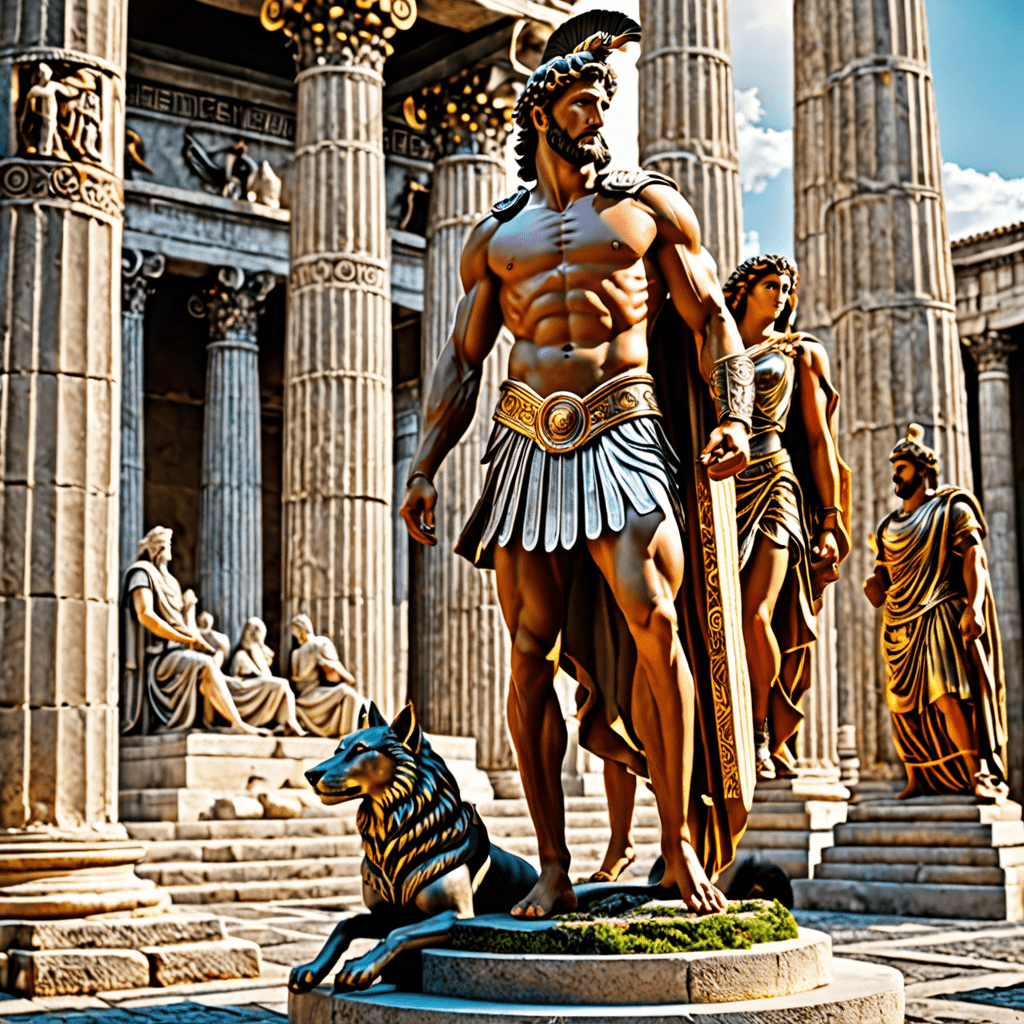The Role of Visions and Omens in Roman Mythological Stories
Visions and omens played a significant role in Roman mythology, often affecting the lives and destinies of gods, heroes, and mortals. Let’s delve deeper into how these mystical signs shaped the narrative of ancient Roman stories.
Understanding Visions in Roman Mythology
In Roman mythology, visions were divine messages delivered through dreams or supernatural experiences. They held great importance as they were believed to convey insights from the gods or the spirit world. These visions often foreshadowed significant events or provided guidance to individuals.
Interpreting Omens in Roman Culture
Omens, on the other hand, were believed to be signs or events that offered guidance or warnings about the future. The Romans closely observed natural phenomena, such as the flight of birds or the appearance of unusual animals, to interpret omens. These signs were considered manifestations of divine will and were consulted to make important decisions.
Examples of Visions and Omens in Roman Mythological Stories
One famous example is the myth of Julius Caesar, where he ignored several warnings and omens that foretold his downfall. A classic vision in Roman mythology is the dream of Aeneas in Virgil’s “Aeneid,” where his ancestor warns him about the future of Rome.
The Influence of Dreams and Signs on Roman Culture
Dreams and omens were deeply ingrained in the Roman culture, influencing religious practices, political decisions, and personal beliefs. The interpretation of these signs by priests and seers held immense power in shaping the course of events and the mindset of the Roman people.
By understanding the role of visions and omens in Roman mythological stories, we gain insight into the mystical beliefs and the spiritual connection that the ancient Romans had with the supernatural realm.
Frequently Asked Questions About Visions and Omens in Roman Mythological Stories
What are visions in Roman mythological stories?
Visions in Roman mythological stories are supernatural experiences in which divine beings or forces communicate messages or insights to mortals. These visions often play a significant role in shaping the outcomes of various mythological events.
How do omens influence Roman mythological narratives?
Omens are perceived as signs or symbols that foreshadow future events in Roman mythological stories. These signs are believed to be messages from the gods and are interpreted to guide the actions and decisions of the characters in the myths.
Why are visions and omens important in Roman mythology?
Visions and omens serve as pivotal plot devices in Roman mythology, driving the narrative forward and adding layers of mystery, symbolism, and divine intervention to the stories. They often symbolize the intricate relationship between the mortal and divine realms in Roman belief systems.
Can visions and omens change the course of events in Roman mythological stories?
Yes, visions and omens have the power to alter the fates of characters and influence the outcomes of events in Roman mythological tales. They are often key elements in the storytelling, showcasing the influence of the supernatural on the mortal world.





